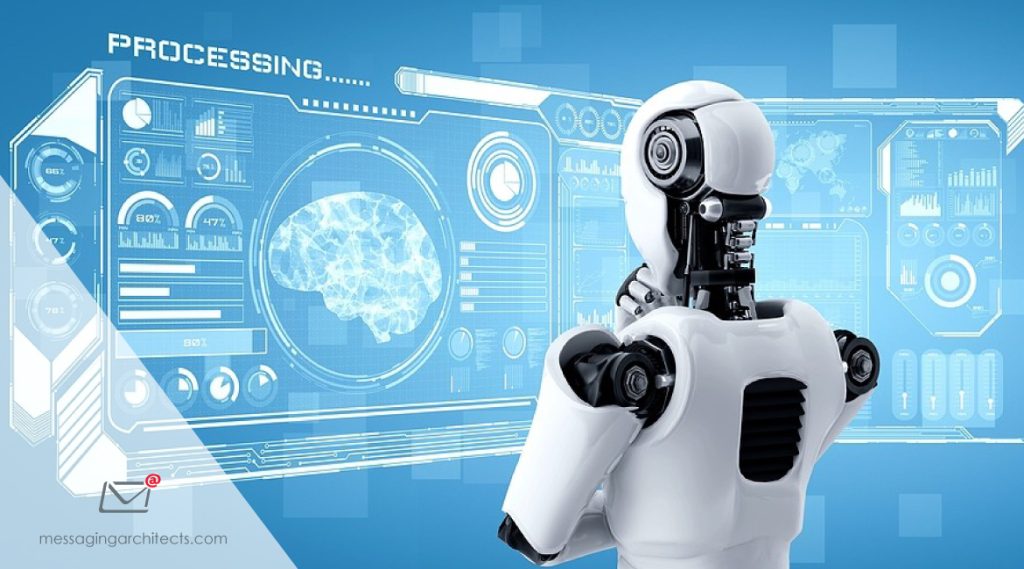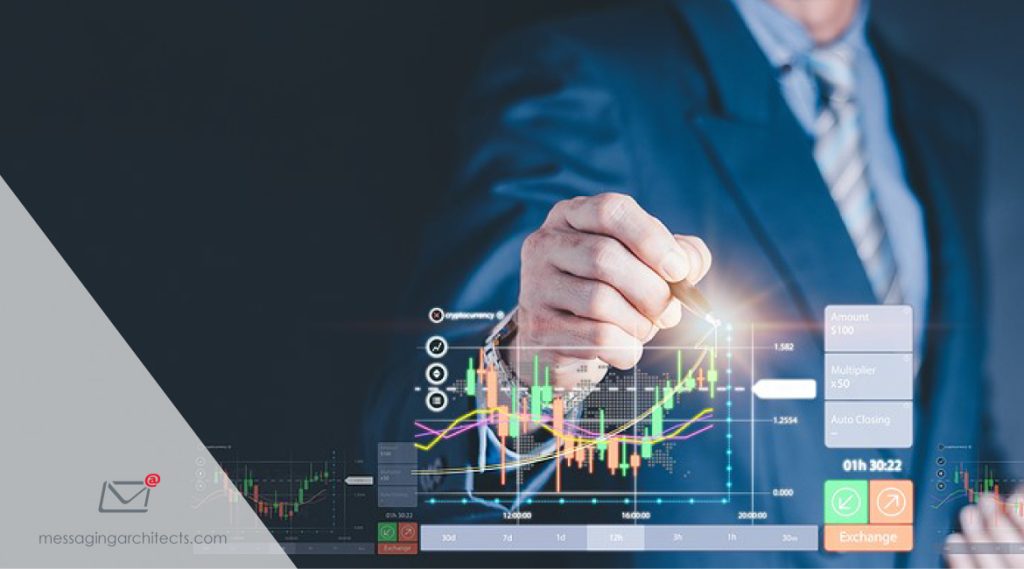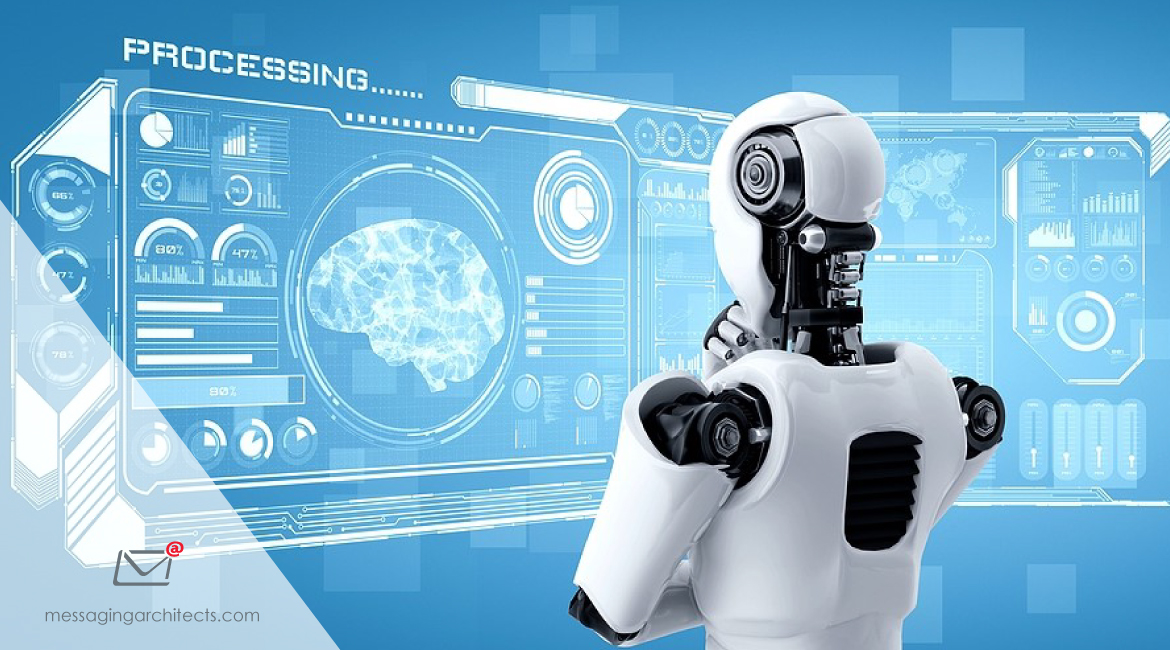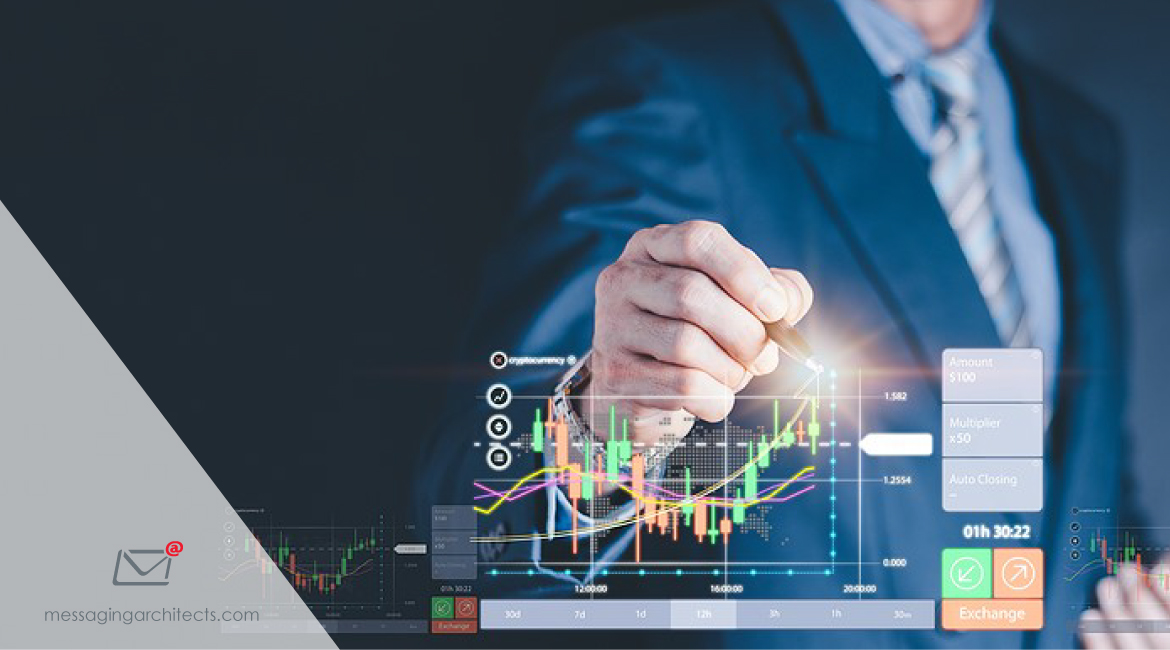With the data explosion, a distributed workforce and an economy that demands efficiency, legal teams face challenges in 2023. eDiscovery trends such as workflow automation, cloud solutions and other key legal technologies can help. As organizations choose and implement eDiscovery solutions wisely, they unlock significant savings in terms of time and budget.
1. Lay the Foundation with Improved Information Governance
With a hybrid workforce, the acceleration of cloud migration and the proliferation of connected devices, document review has changed drastically. For instance, consider the complex data architectures brought on by remote collaboration, including chats, video conferencing and more. Data environments that span on-premises and the cloud further complicate the scene.
Legal teams need to efficiently locate, collect, and process this data. A foundation of solid information governance thus proves critical to eDiscovery. When organizations know where their data lives, as well as who owns and can access that data, eDiscovery becomes less of a pain point.
Organizations generate massive amounts of data, spread across a wide variety of formats and devices. If a subpoena catches them unaware, the sheer volume of data will create critical bottlenecks and introduce the risk of missing relevant information.
On the other hand, organizations that have an up-to-date data map can find the data they need quickly. And when they have managed data effectively with defensible retention and deletion policies, they reduce the data sets delivered to attorneys.

2. Streamline Processes with Automation and AI
Legal teams exist to provide legal advice. But with an increasingly complex data environment, these teams too often find themselves bogged down with finding and collecting data. Automating many routine and time-consuming tasks frees up legal counsel to focus on doing what they do best. And it allows organizations to establish case strategy more quickly.
For instance, automated early case assessment (ECA) proves critical in helping legal teams to rapidly identify and prioritize relevant data. Additionally, AI technology can suggest potentially relevant documents that humans might miss, thus enabling a more defensible discovery process.
Workflow automation also delivers clear benefits. With workflow templates customized for common scenarios, the team can avoid re-inventing the wheel with each new case. For example, the system can apply holds automatically, notify reviewers that a data set needs review and initiate export of reviewed data with predefined settings.
AI-assisted automation also proves useful in legal holds, quality control and streamlining the review process. In short, organizations that thoughtfully employ automation gain a competitive edge with more accurate analysis, quicker response times and reduced errors. It can also help them avoid costly over-collection of data.
3. Embrace the Cloud Mindfully
Cloud migration has accelerated significantly in the last three years. Initially, the pandemic forced companies to essentially “lift and shift” workloads to the cloud without proper preparation, causing security concerns. Now, however, certified and secure cloud environments provide a much safer environment.
In fact, a recent study by Gartner suggests that cloud services will replace more than half of the on-premises IT solutions by 2025. And with most companies functioning at least partially in the cloud already, organizations can no longer afford to rely solely on on-premises eDiscovery solutions.

4. Make Calculated Legal Technology Investments
With the potential of an economic downturn looming, legal professionals must emphasize efficiency. Wise investment in legal technology offers the potential for important solutions to the challenges organizations face with eDiscovery. And with the quicker implementations available in a SaaS environment, companies can realize ROI much sooner.
Legal departments looking for significant efficiency gains might start with automating legal holds, for instance. Additionally, tools such as Microsoft Purview can ease the process of organizing and indexing unstructured data.
Navigate eDiscovery Trends with Strategic Partnerships
Addressing the eDiscovery challenges facing legal professionals today requires careful planning. Emerging eDiscovery trends can drive efficiency, but organizations need to choose the right tools for the job and configure them for optimal benefit.
The legal technology professionals at Messaging Architects make information governance and eDiscovery our business. We will help you connect to all your data, no matter where it lives, building an up-to-date data index that provides crucial visibility. And by leveraging comprehensive eDiscovery solutions we will help you reduce eDiscovery time and expense.









